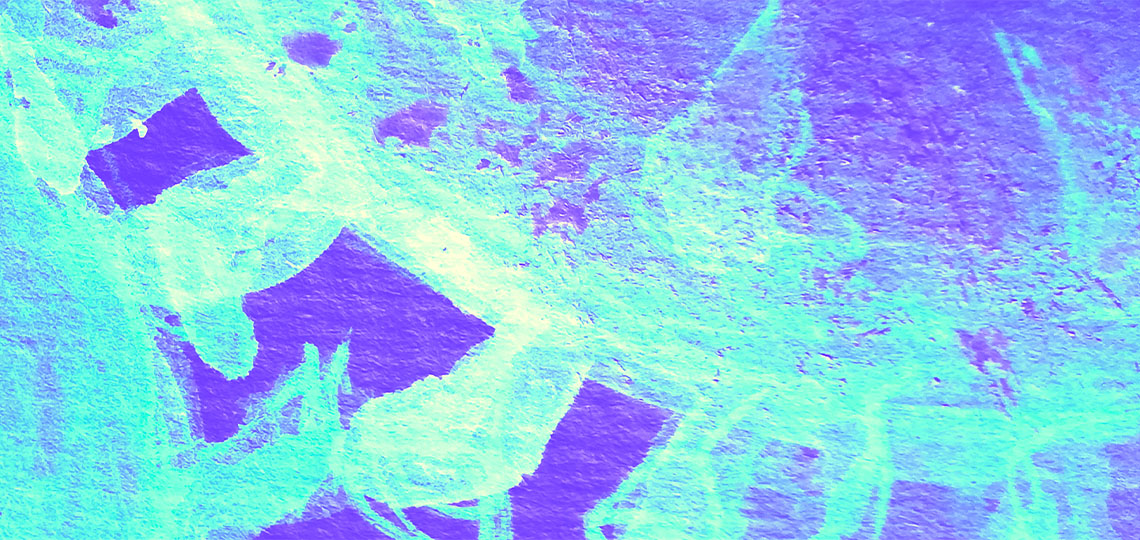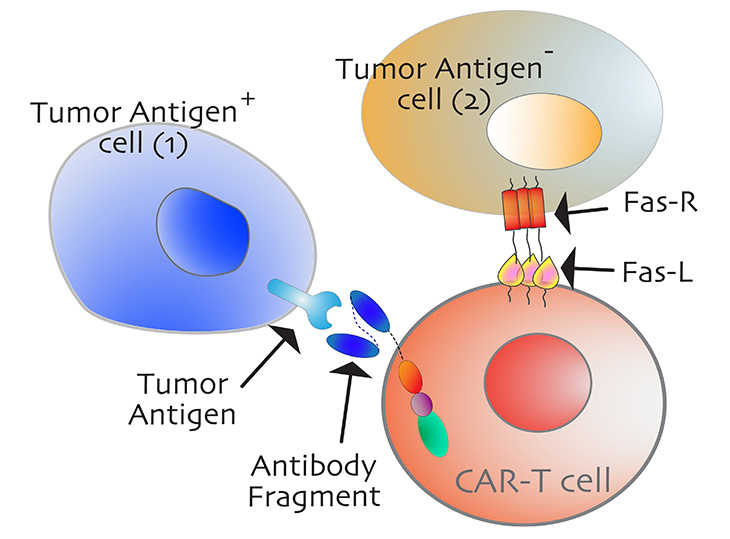Researchers discover ‘kill switch’ that causes cancer cells to self-destruct in possible medical breakthrough


Researchers at the UC Davis Comprehensive Cancer Center believe they have identified a protein on a receptor that can “program” certain cancer cells to die, a new study shows.
The press release from UC Davis states: “CD95 receptors, also known as Fas, are called death receptors. These protein receptors reside on cell membranes. When activated, they release a signal that causes the cells to self-destruct.”
A research team from the UC Davis Comprehensive Cancer Center has identified a crucial epitope (a protein section that can activate the larger protein) on the CD95 receptor that can cause cells to die. This new ability to trigger programmed cell death could open the door for improved cancer treatments. The findings were published Oct. 14 in the Nature journal Cell Death & Differentiation.
CD95 receptors, also known as Fas, are called death receptors. These protein receptors reside on cell membranes. When activated, they release a signal that causes the cells to self-destruct.
Modulating Fas may also extend the benefits of chimeric antigen receptor (CAR) T-cell therapy to solid tumors like ovarian cancer.
“We have found the most critical epitope for cytotoxic Fas signaling, as well as CAR T-cell bystander anti-tumor function,” said Jogender Tushir-Singh, an associate professor in the Department of Medical Microbiology and Immunology and senior author of the study.
“Previous efforts to target this receptor have been unsuccessful. But now that we’ve identified this epitope, there could be a therapeutic path forward to target Fas in tumors,” Tushir-Singh said.



